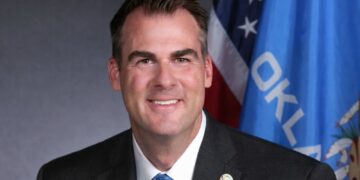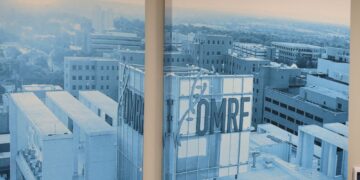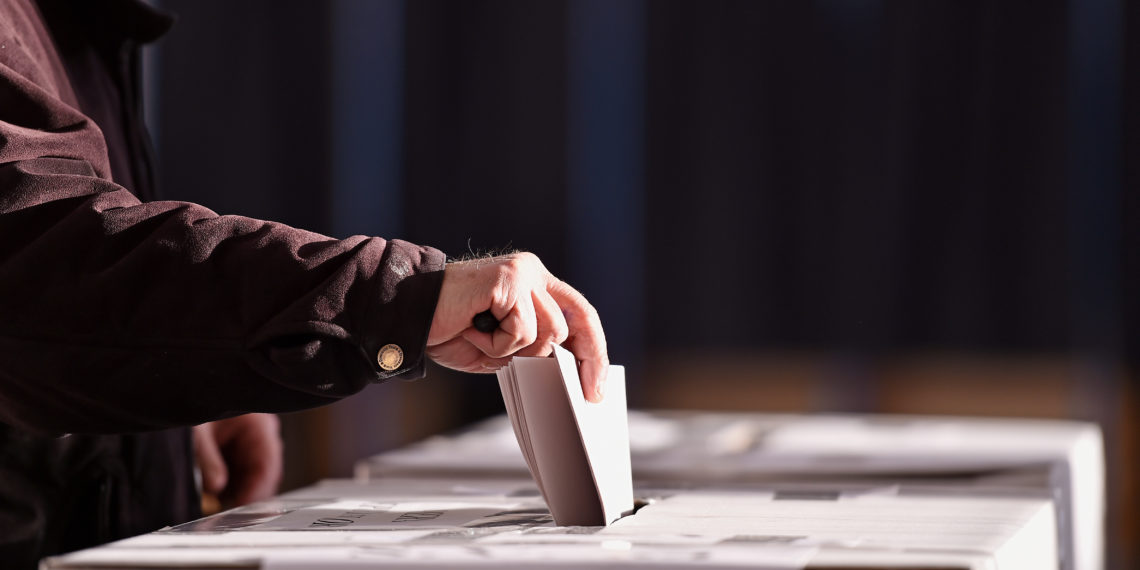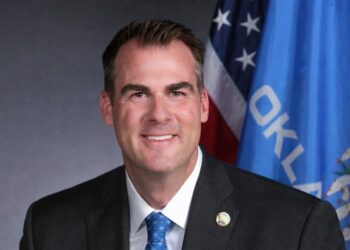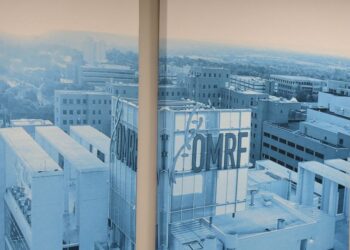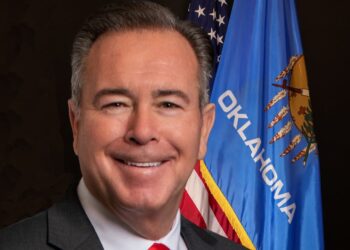OKLAHOMA CITY (OBV) – One of the top pollsters in the nation will be speaking in Oklahoma City about how the election process is changing for those who support business growth.
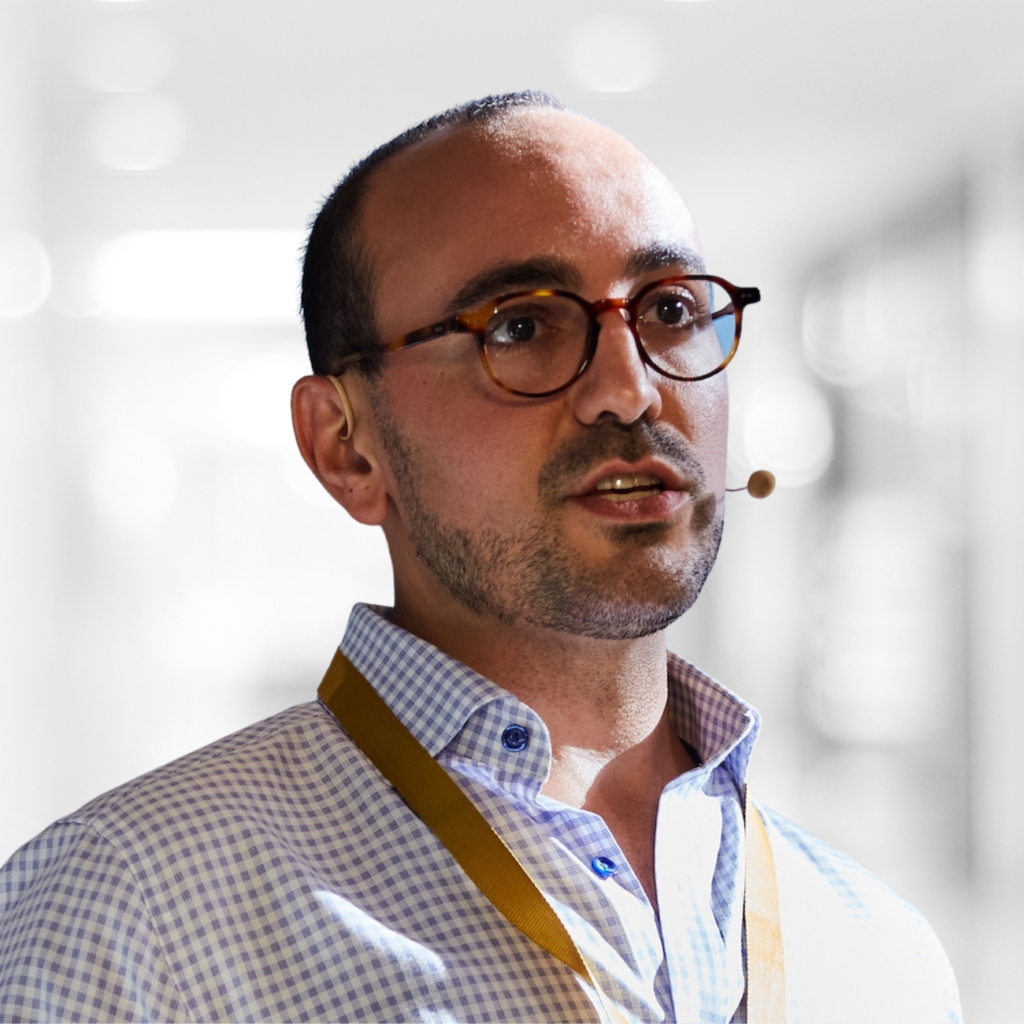
Brent Buchanan will speak to members of The State Chamber’s 2300 Club during an exclusive reception at the Ellison Hotel, 6201 N. Western Ave., from 4:30–6:30 p.m. on April 16.
Buchanan is the president of Cygnal, an award-winning polling, public opinion and predictive analytics firm located in Washington, D.C. His clients include Fortune Global 500 companies, heads of state, U.S. senators and congressmen, state legislative caucuses and trade associations.
He spoke with OBV, saying he got his start in state politics about 17 years ago and that much of his work has been at the state level. He will discuss a range of election-related topics during his presentation, including Republican primary changes, what’s driving the narratives of those primaries and how those changes impact business interests.
“Businesses are now kind of getting into a place where they don’t have a political home as much as they used to,” Buchanan said. “Republicans [traditionally] took care of businesses; and now, it kind of seems like everybody’s got their their guns turned on business interests.”
Internal fighting is happening in legislatures in several states on the role business plays in politics. The culture war has impacted how legislators prioritize the needs of the business community, Buchanan said.
“You know, ‘We hate government regulation, except when we’re telling businesses that they can’t have COVID mandates,’ and just all these kind of constructs that businesses struggle with now where, ideologically, Republicans should still be supporting business in the business community, but it kind of clashes with the culture war that’s occurring within the right. And that’s where I think some of the largest challenges come from,” Buchanan said.
Polling has become more challenging over the past decade, Buchanan said.
“When we started doing polling in 2011, we did it because we thought that landline would go away, and they went away a whole lot faster than we expected,” he said. “There’s a lot of regulations around calling cell phones, which makes it harder, more cumbersome and more costly to do.”
Buchanan said his firm experiments on how to balance an accurate poll with an affordable poll.
“It’s partially why we’re the fastest growing research – whether political or non-political – in the entire U.S. right now, according to the Inc. 5000 list,” he said.
State chambers are usually unable to financially afford supporting candidates and causes from every race and state question in an election cycle, according to Buchanan. Those chambers, he said, use data to guide them in impacting races. Or the chambers will be selective in choosing which candidates will receive their financial support, choosing to help candidates who are friendly to their causes.
“You used to be able to run on free market and other business issues, but now it’s more about, ‘Okay, how do we as an organization get the people elected,'” Buchanan said.
Business organizations, including state chambers, are learning that the issues they care about are no longer the issues that drive primary elections, according to Buchanan.
Talking to people directly remains a primary form of polling, even during this contemporary time when pollsters can gauge interest by tracking computer activity.
“If we were just tracking something statewide in Oklahoma, there are other tools that can be used to kind of add context and color to the polling data. But once you get down to even a congressional district, or especially a legislative district, you’ve got to have that individual polling data, because there may only be a state House district in Oklahoma. There may only be 50 people active on Twitter in a primary,” he said. “So, you can’t just listen to those 50 people, and I think that really where we find ourselves today is that there’s too much data, and so you end up with all this noise instead of actually figuring out what is the intelligence that I need to then go take the right actions.”
A webpage was created where 2300 Club members can register to attend the reception and watch Buchanan’s presentation. Registration is $75 per person.




